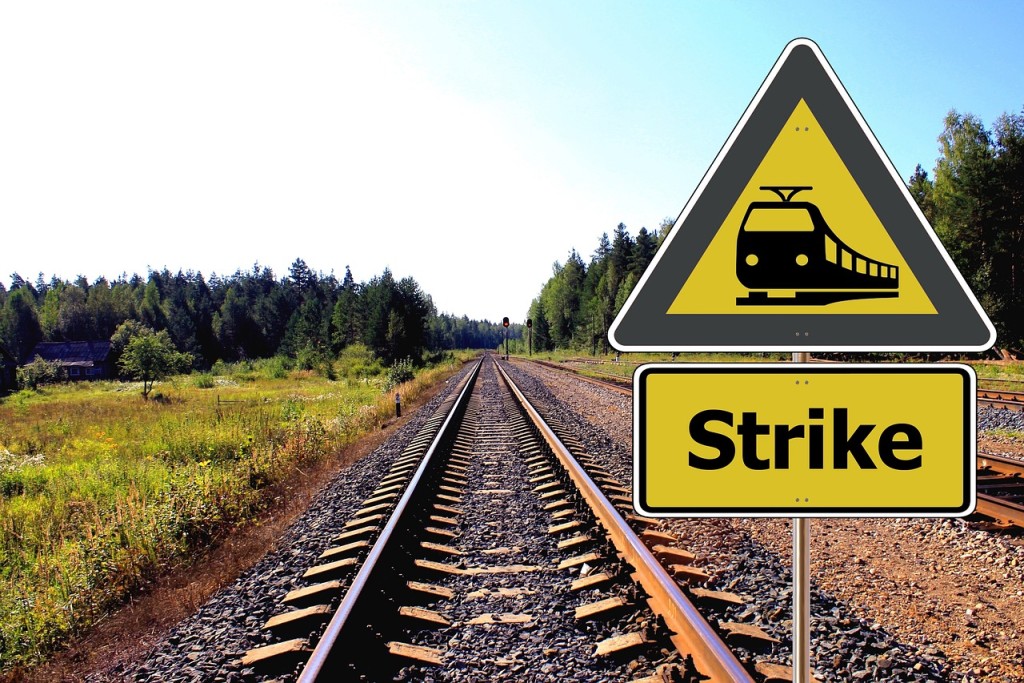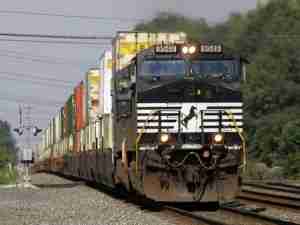
A fresh wave of train strikes has hit Britain’s retailers even harder than the omicron variant of Covid-19 that threatened to ruin Christmas last year, according to fresh data showing a steep drop in the number of shoppers.
Almost 10% fewer people visited high-street stores on Tuesday — the first day of a string of strikes across the rail network — compared with the same date in 2021 when coronavirus restrictions were in place, according to information provider Springboard.
Last December, the UK government declared face masks mandatory in stores and on public transport and told people to work from home after the emergence of the highly contagious omicron strain sparked a fresh wave of infections. Still, the train strikes have had a bigger effect on retail.
The downturn is likely to continue as thousands of members of the National Union of Rail, Maritime and Transport Workers and another labor group walk out on train companies this week, with further strikes planned for Wednesday, Friday, and Saturday.
Springboard said that up until 1 p.m. Tuesday, footfall was down 6.4% year-on-year across all shopping areas including retail parks. High streets were worst affected, down 9.5%. Compared with pre-Covid times, overall retail footfall dropped 26%.
All regions of the UK suffered lower footfall except one, the East Midlands, which was up 4%. The East of England was worst affected, with retail footfall 13% lower than a year earlier.
On The Brink
“The impact on retail and hospitality businesses in what is a critical trading time of the year, less than two weeks before Christmas, will undoubtedly be severe and could mean failure for some,” said Diane Wehrle, insights director at Springboard.
Retailers were already suffering as consumers pull back from spending on non-essential items amid higher living costs. Many are holding large inventories of stock that they’re trying to shift in the key Christmas period.
For some retailers, the shift in consumer behavior has proved too much. Online furniture brand Made.com and fashion chains Joules and M&Co have all filed for insolvency in recent weeks.







